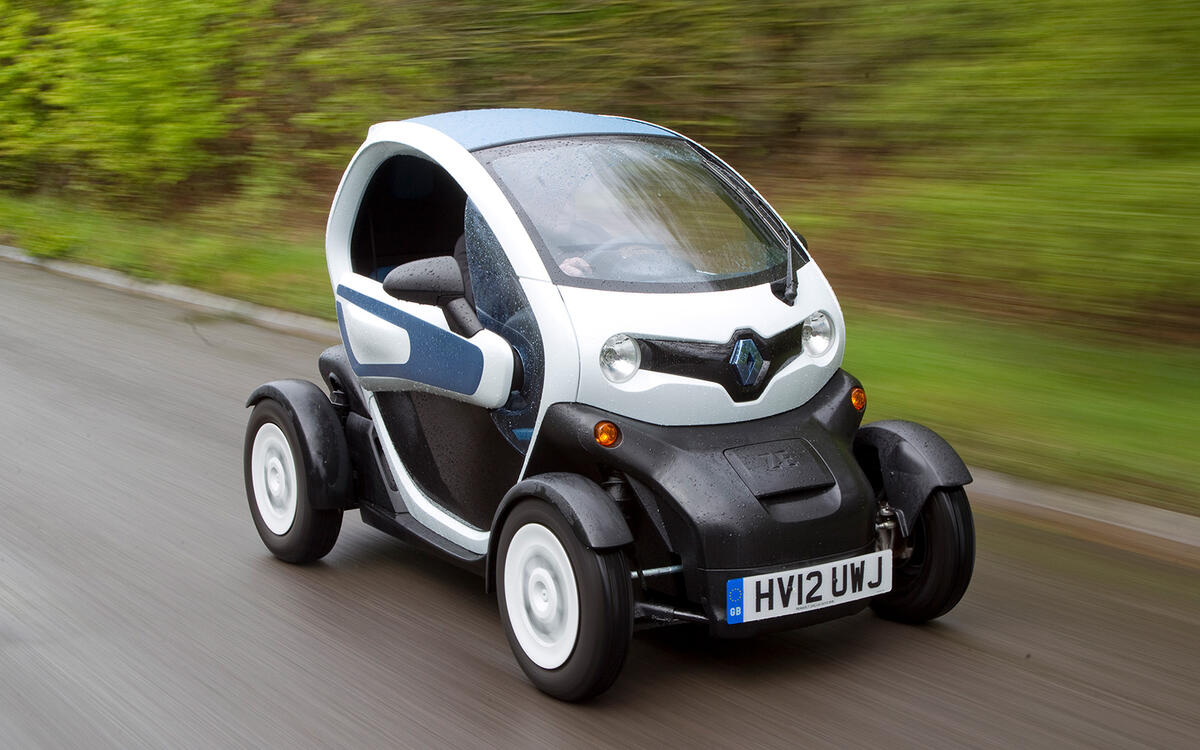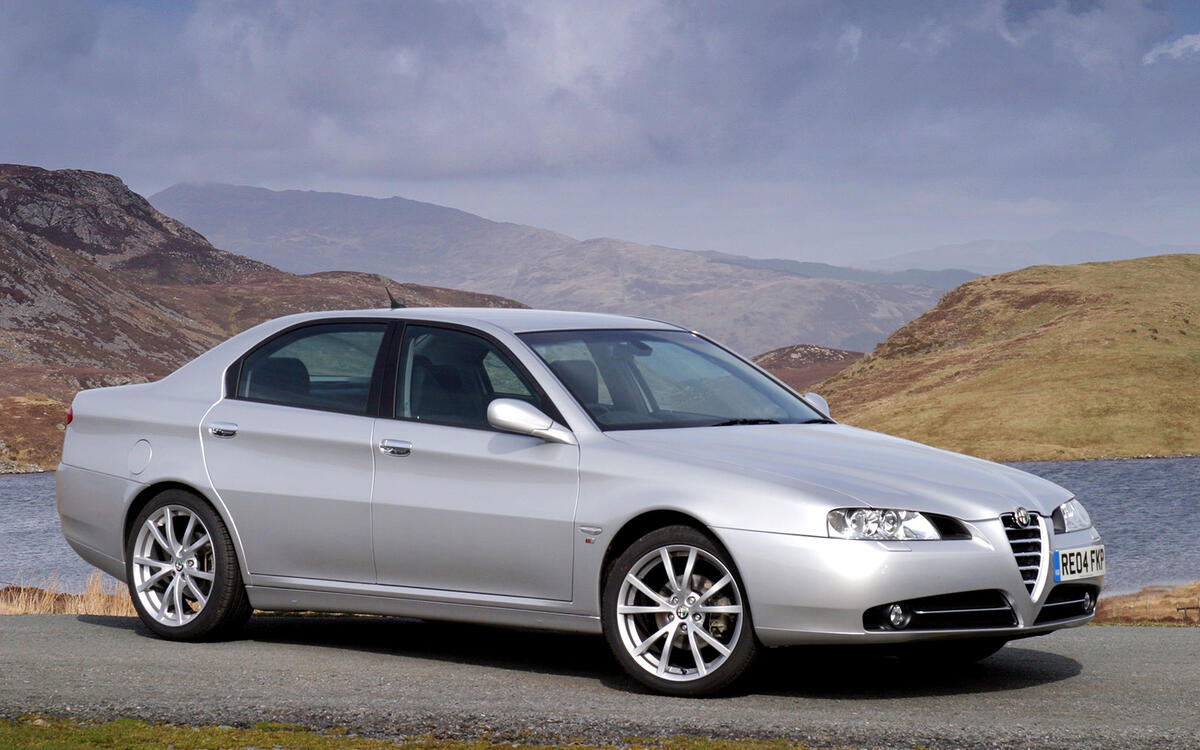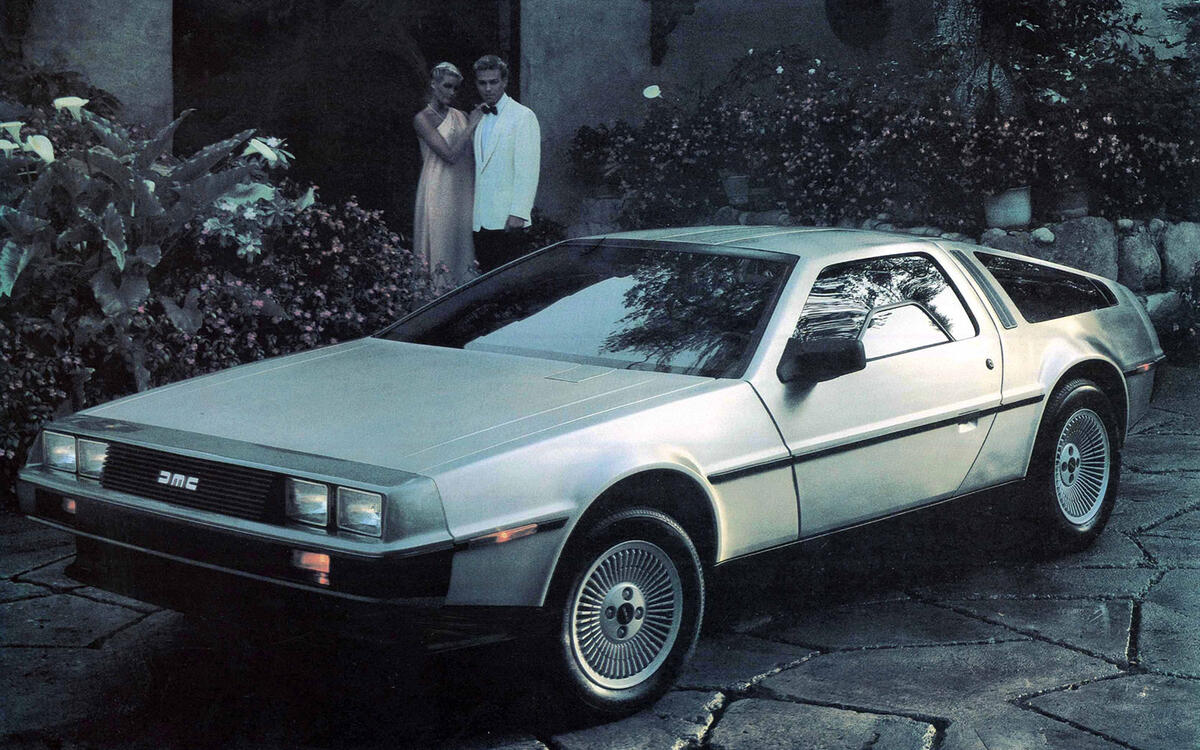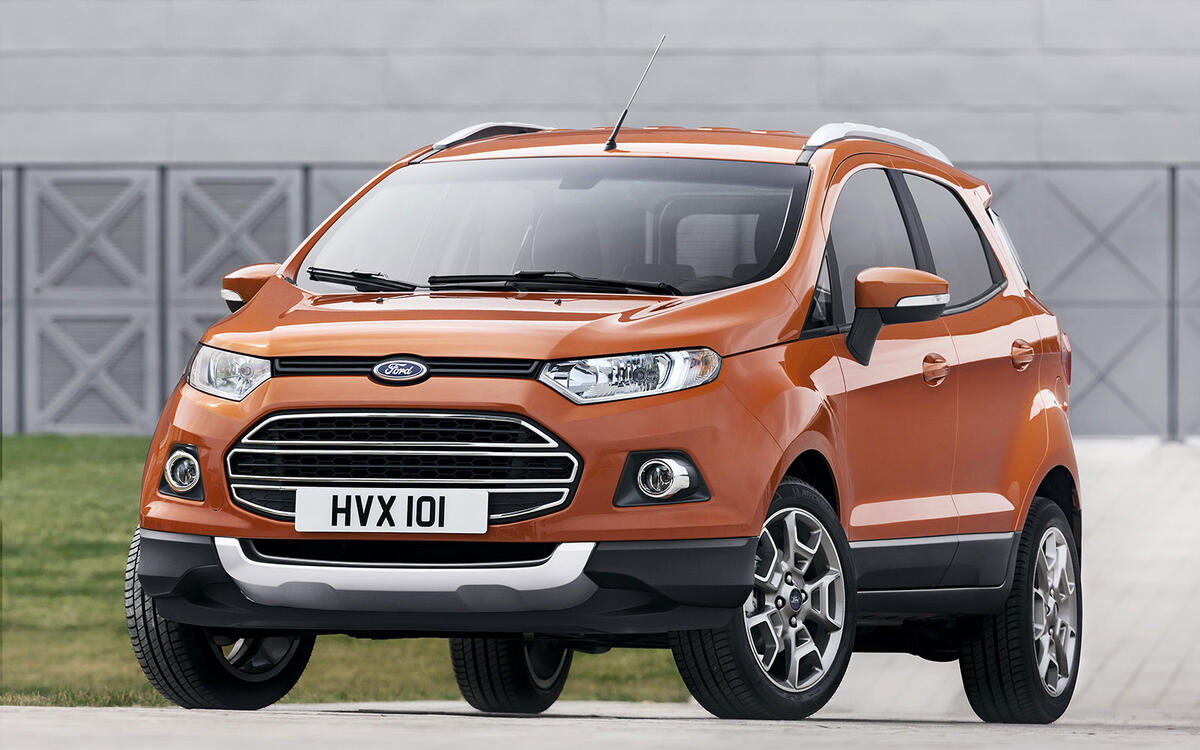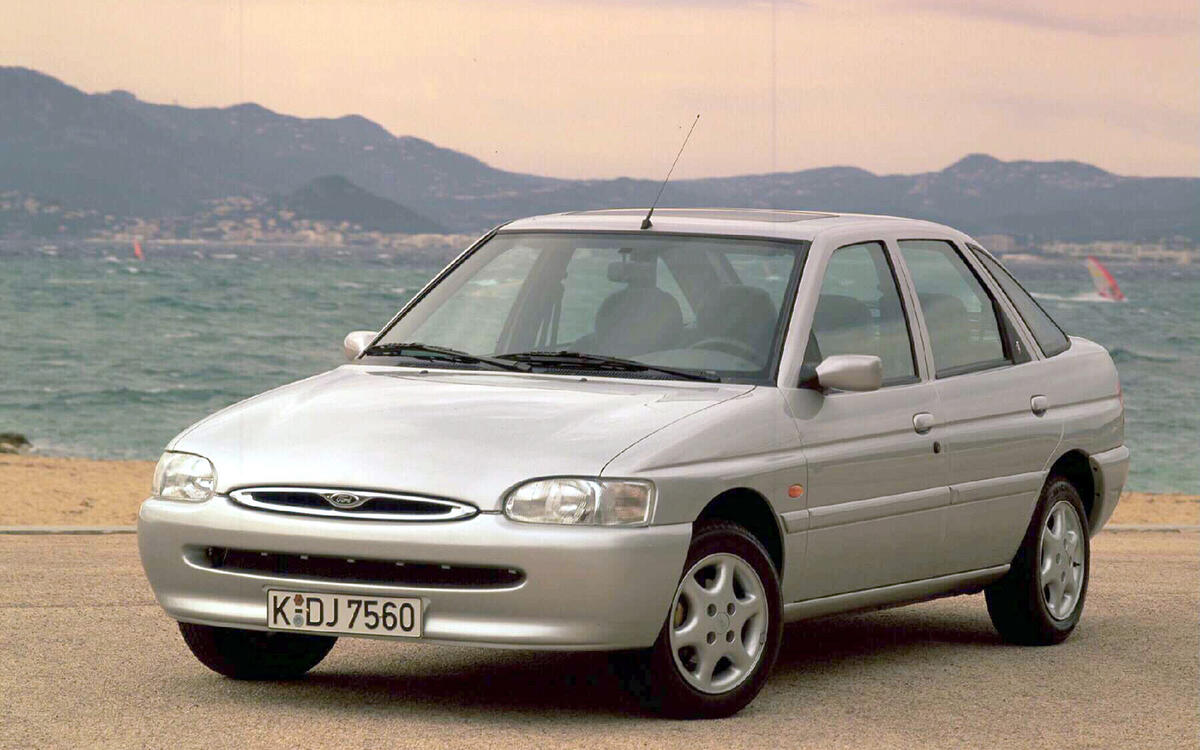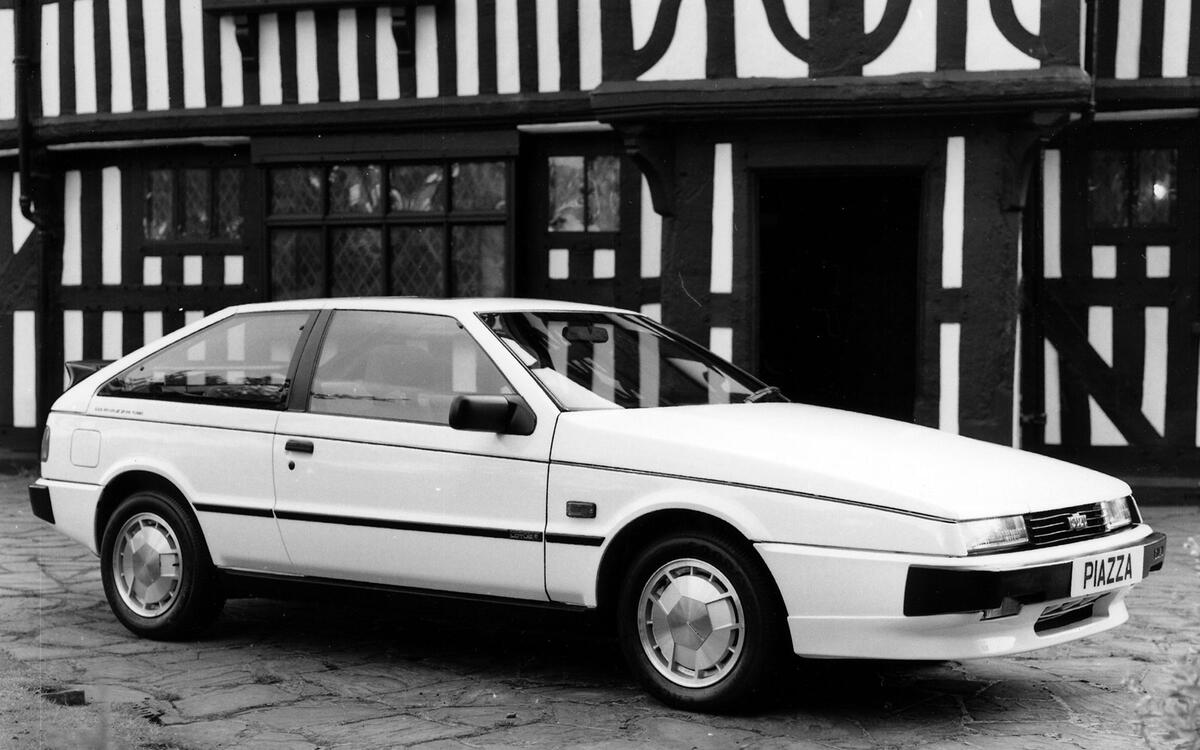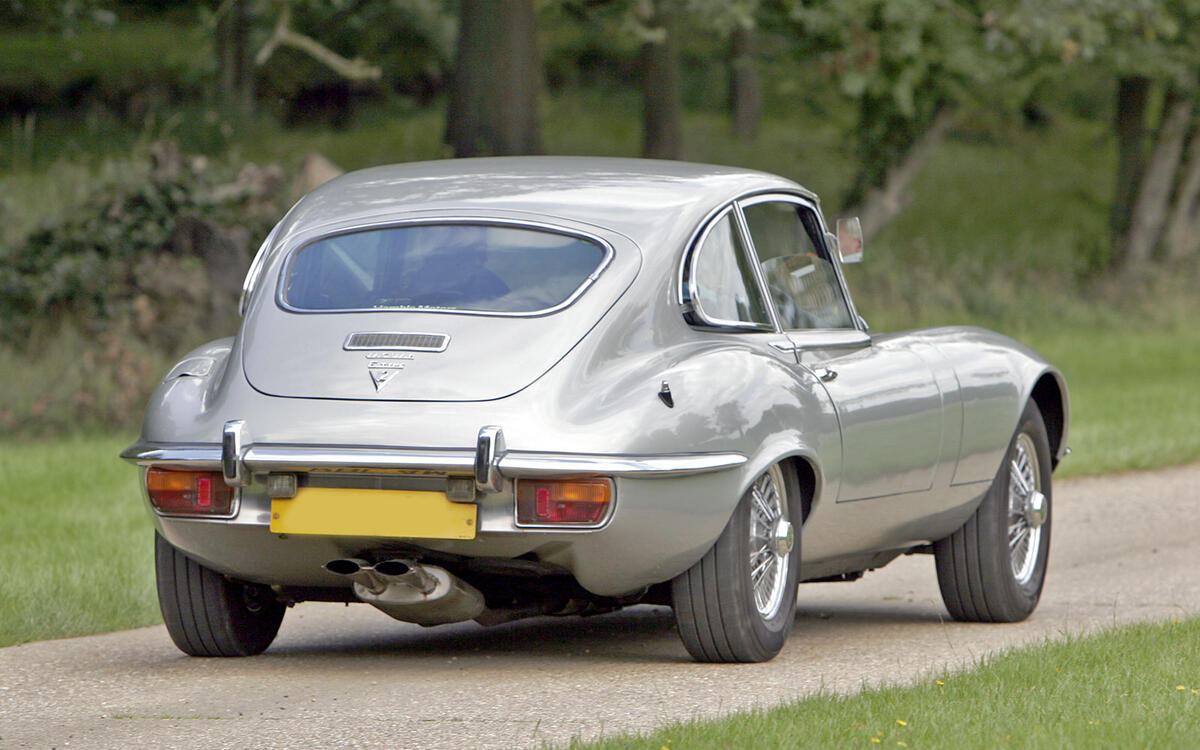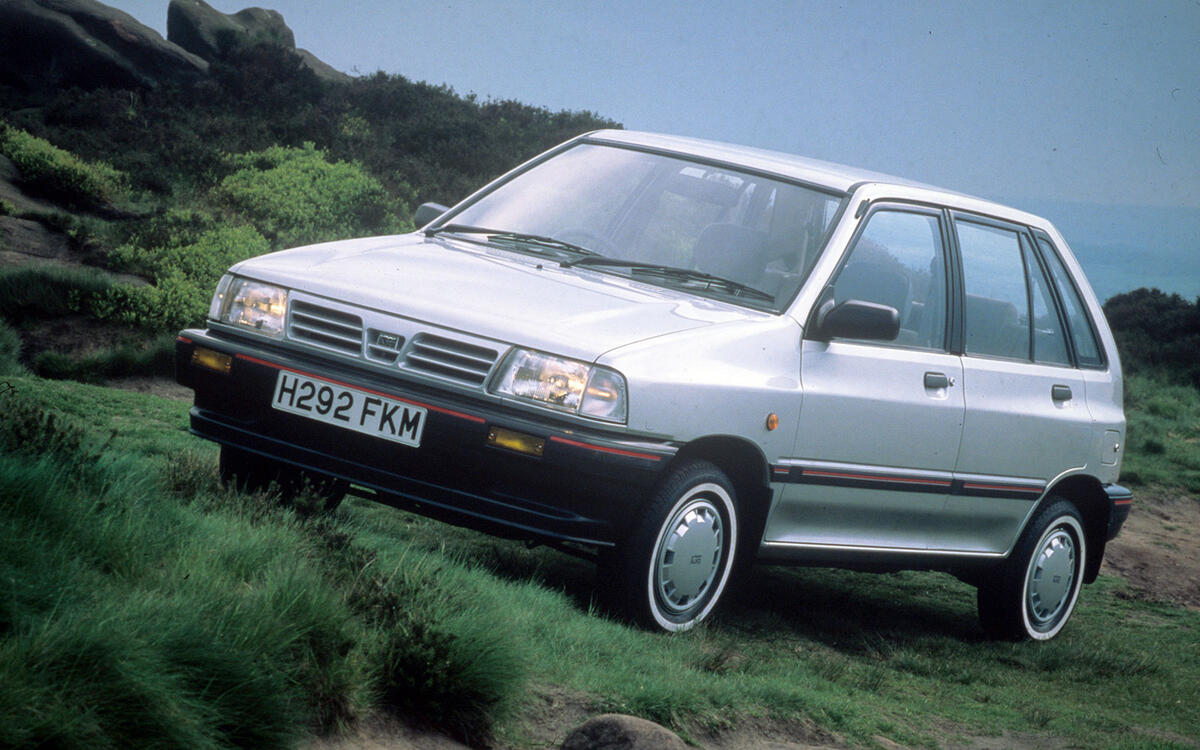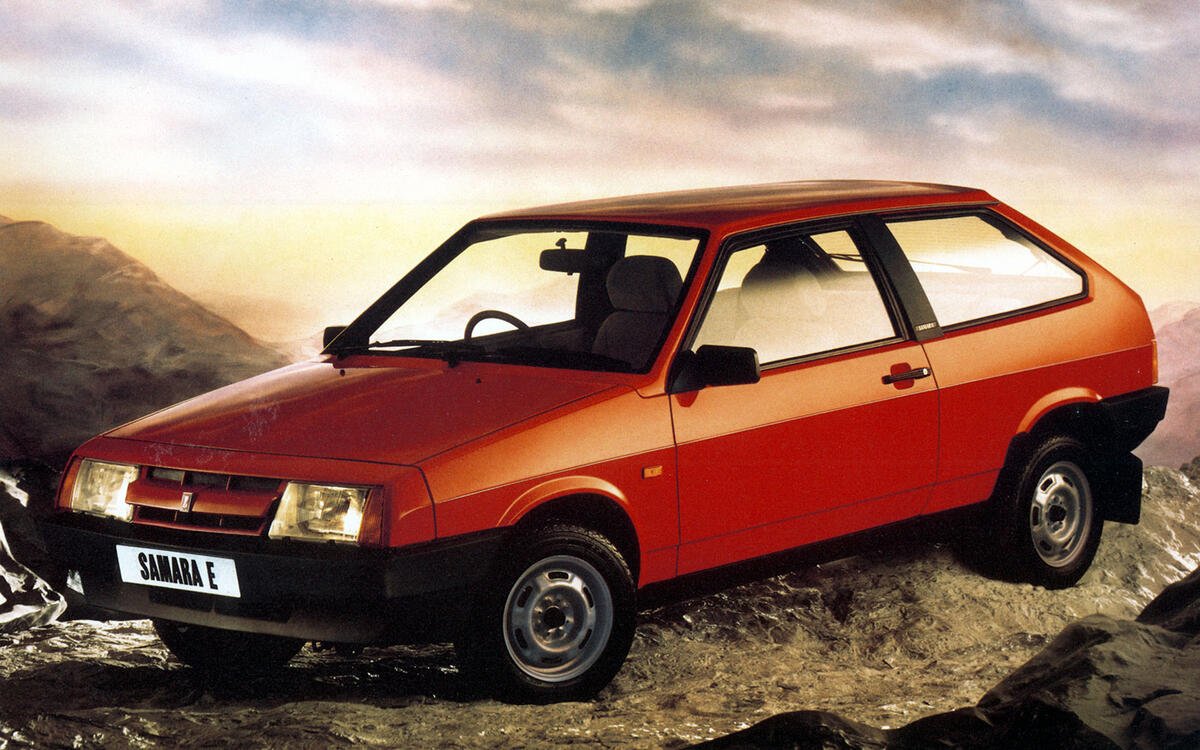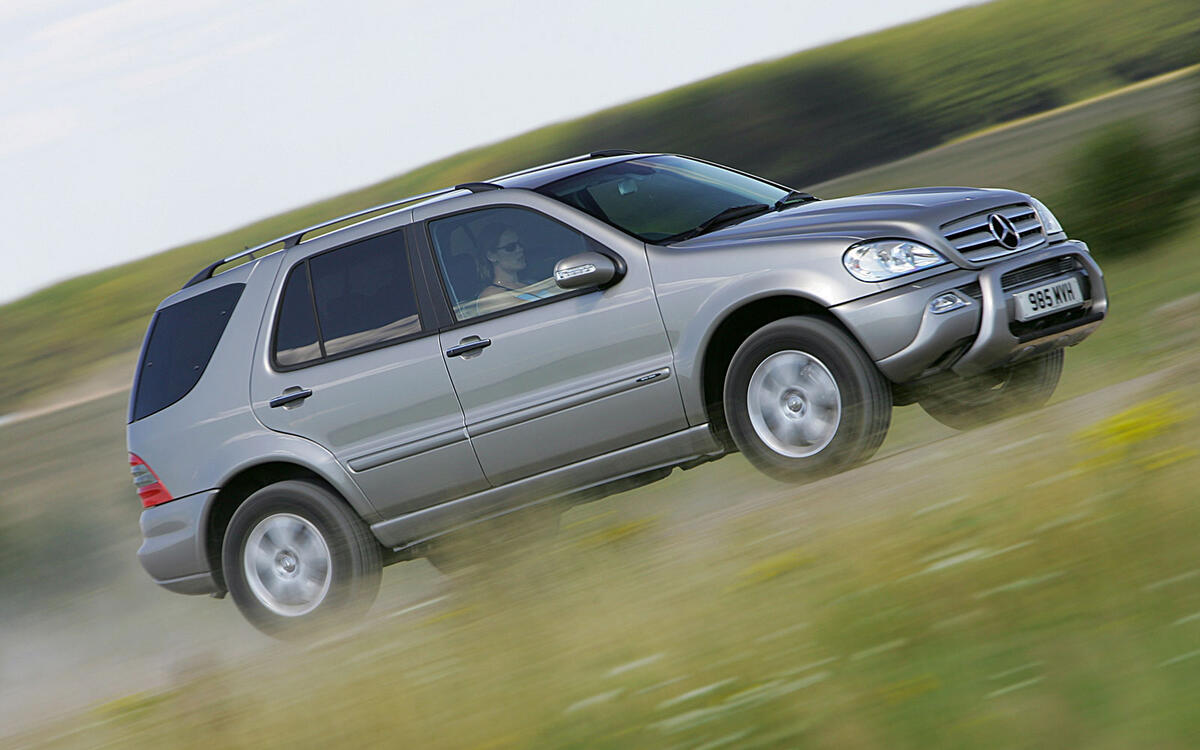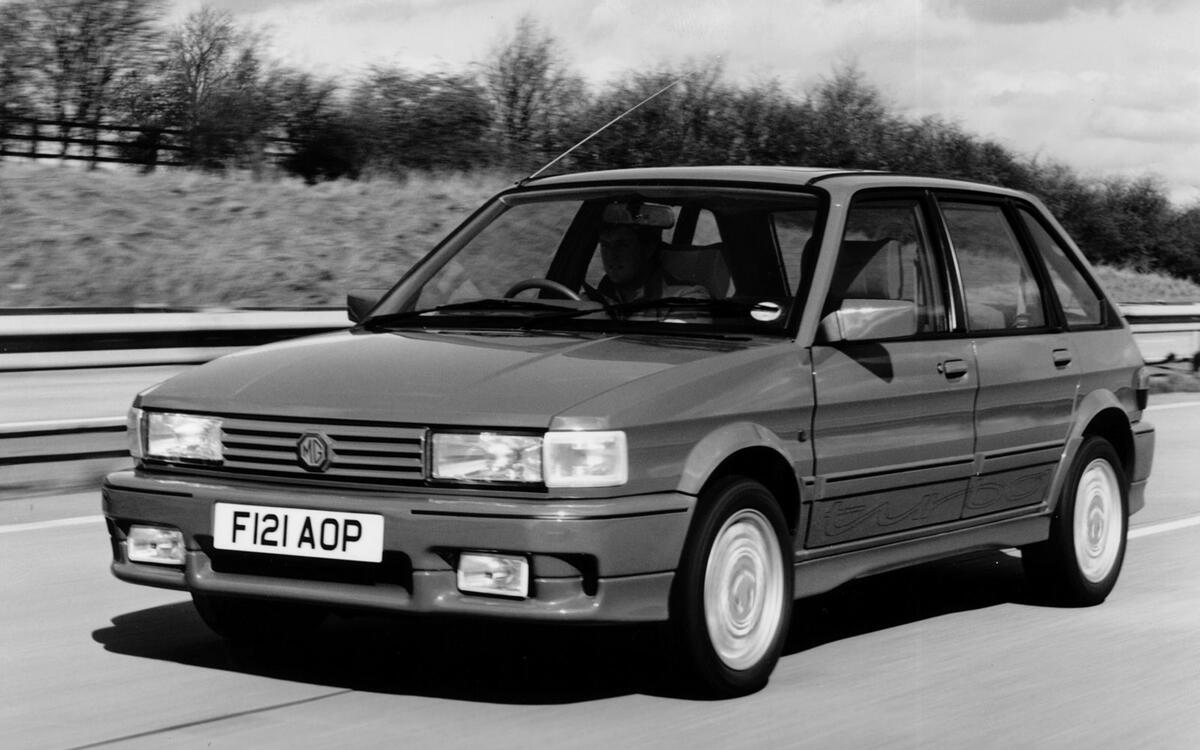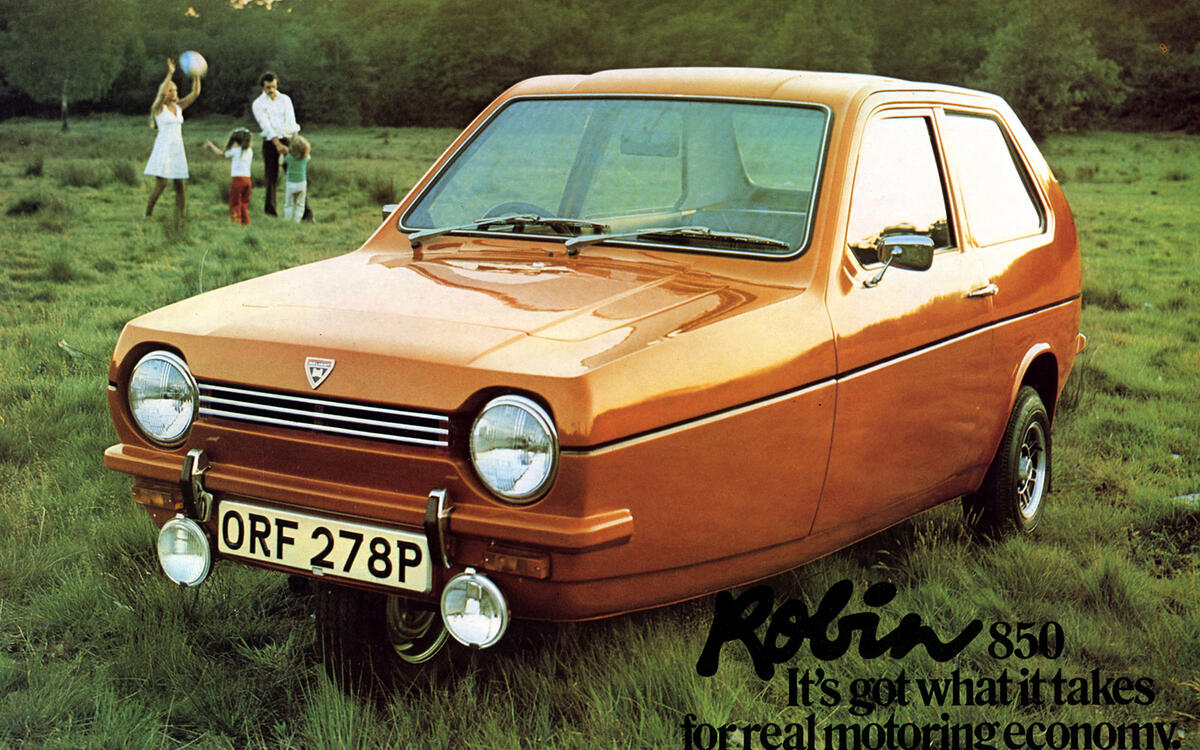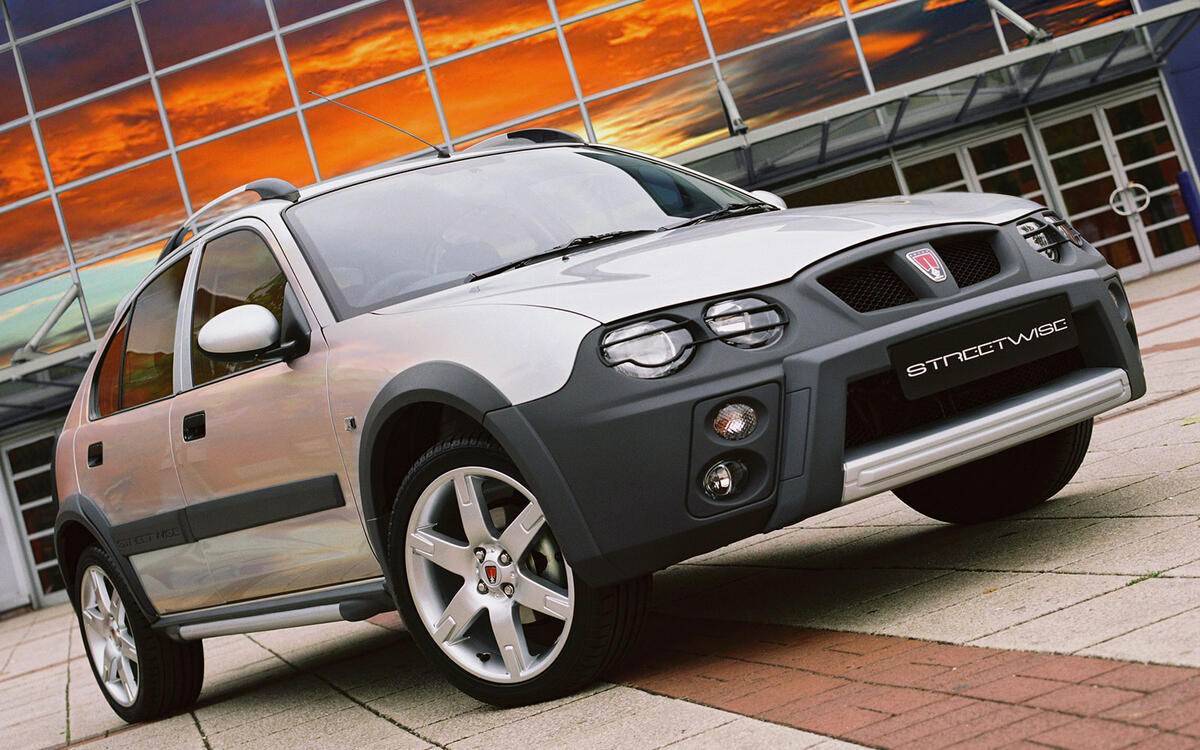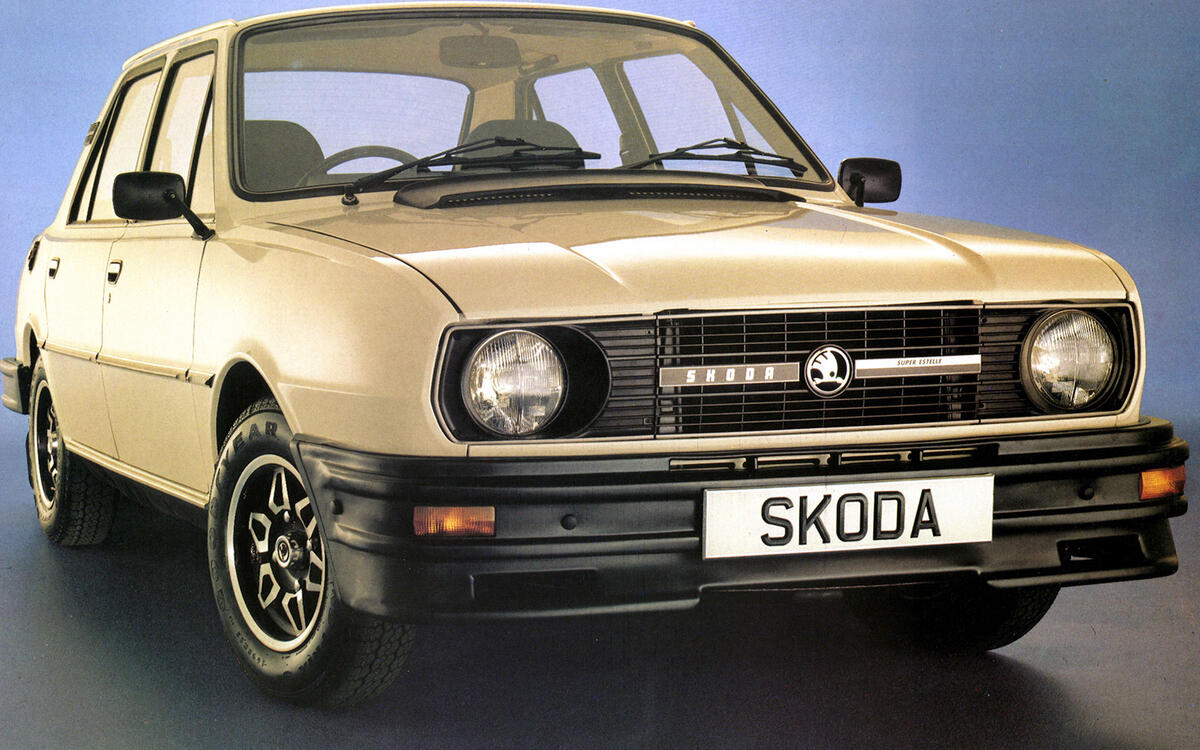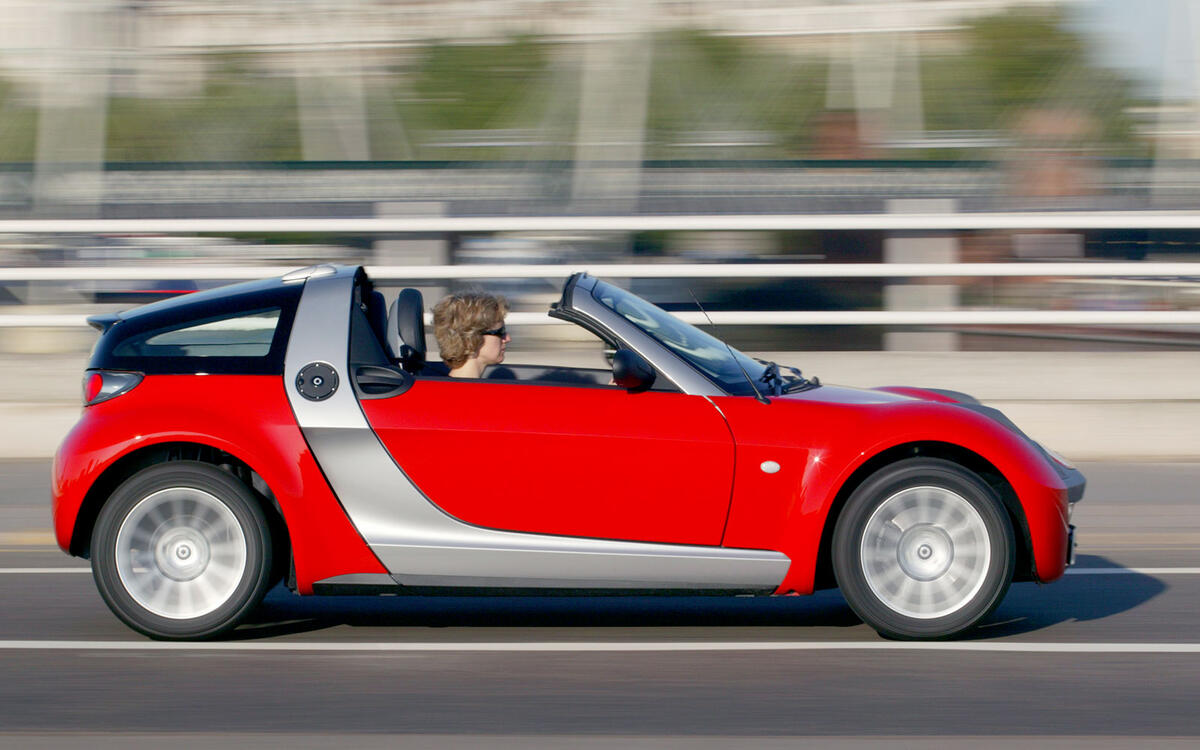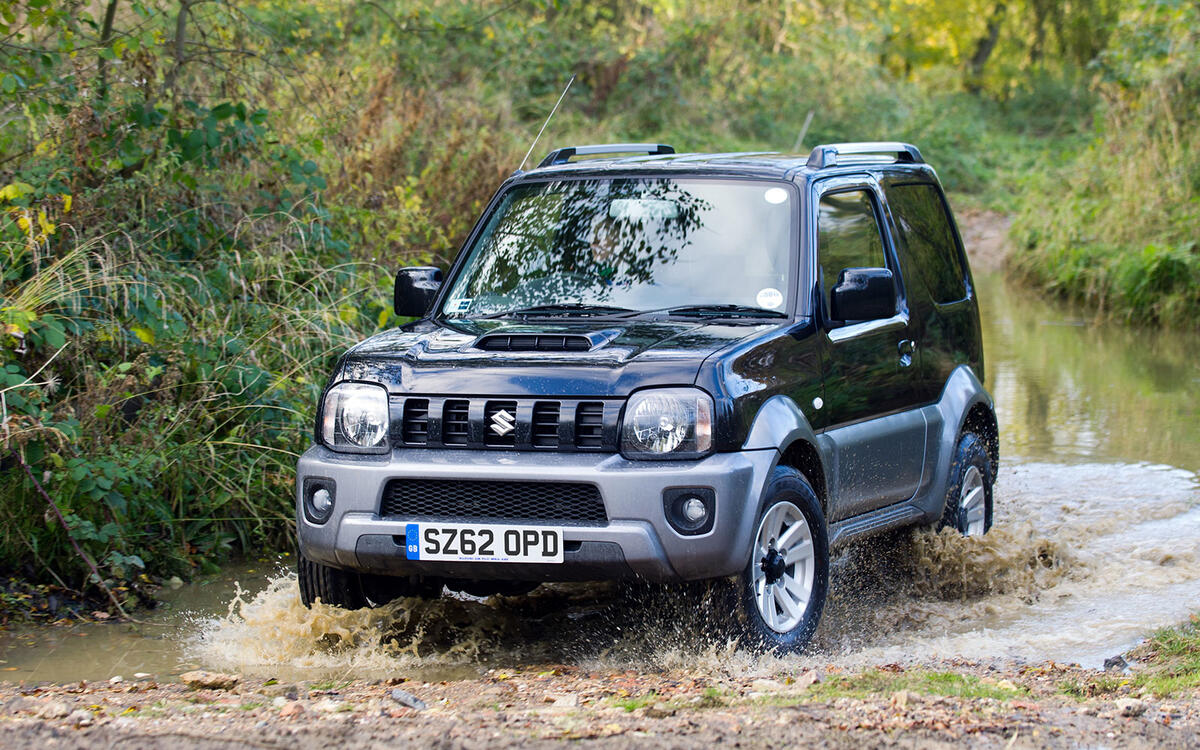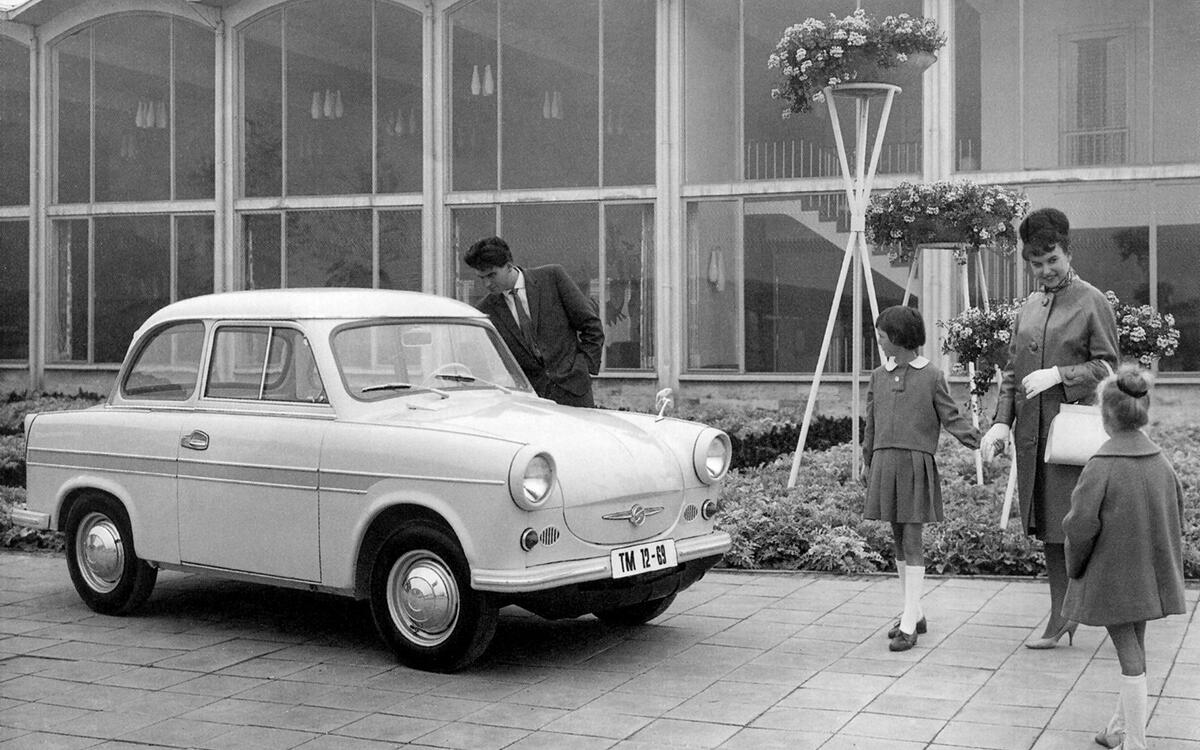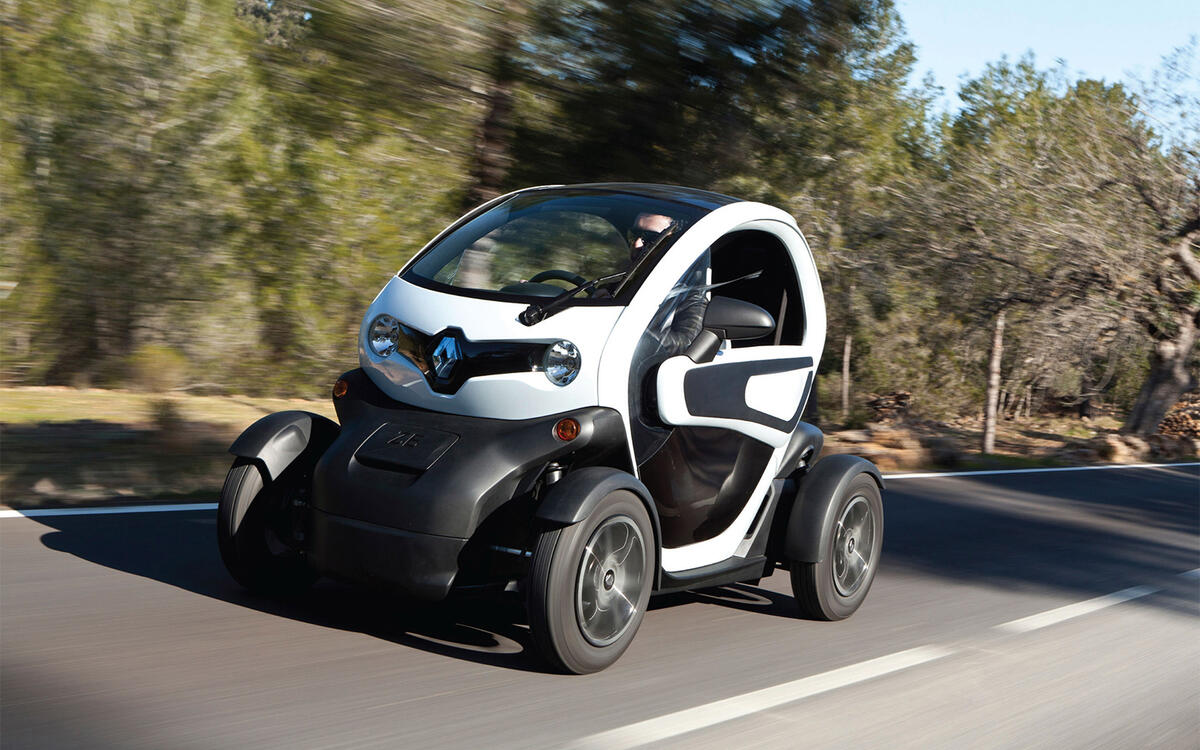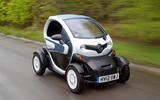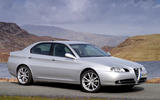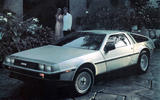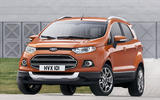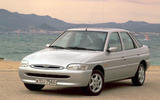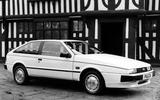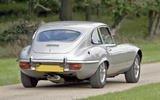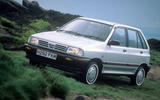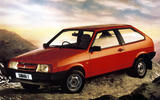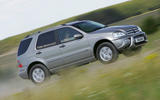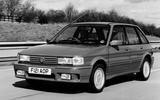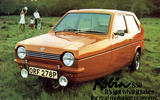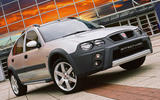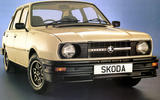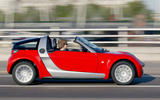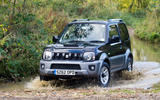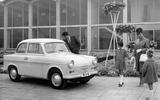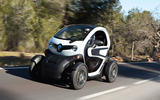 Slide of
Slide of
Nobody is as fickle as the car buyer, who is as unpredictable as they come.
Sometimes they shun great cars while other times they embrace mediocrity on wheels. Then there are the cars that bomb when new, only to get a new lease of life years after they’ve gone out of production. Here we celebrate the magnificence of the flawed car that somehow is still strangely desirable – or inexplicably popular.
 Slide of
Slide of
Alfa Romeo 166 (1998)
We could have filled this gallery with Alfa Romeos because while they’re invariably flawed, they’re often good enough dynamically to make ownership appealing in a masochistic kinda way. That’s how it was with the 166; it could never compete with key rivals and sales were tiny as a result, but plenty of people on the Autocar team rather covet one.
 Slide of
Slide of
DeLorean DMC-12 (1981)
When it comes to unrealised potential, few cars disappoint like the DeLorean. A mid-mounted V6, stainless steel panels, futuristic gull-wing doors; how could it go wrong? Well it did, spectacularly thanks to appalling build quality, doors that refused to work properly, decidedly lacklustre handling and mediocre performance.
The venture lasted just a year but a lead role in the Back to the Future trilogy has kept the De Lorean in the public eye and values are soaring. That apart, there’s still something desirable about the car.
 Slide of
Slide of
Ford EcoSport (2013)
It’s rare for Ford to drop the ball nowadays. Its products are pretty much universally desirable as they’re consummate all-rounders. But not this one – the black sheep of the family. We do however think it looks funky and after many makeovers – especially to its interior – the EcoSport looks like it may be getting there.
 Slide of
Slide of
Ford Escort Mk5 (1990)
Until the Mondeo arrived in 1993, Fords were sold all too often because they were competitively priced rather than genuinely desirable. When the Escort Mk5 was launched in 1990 it was savaged by the press for its awful dynamics, lack of refinement, derivative styling, and mediocre equipment levels. Yet still buyers lapped up the Escort, tempted by the keen deals that were always on offer.
And yet rather nifty 16v twin-cam Zetec engines were added along with a new dashboard during its life which made the car increasingly interesting – something that can also be said of the hot RS2000 version that appeared in 1991.
 Slide of
Slide of
Isuzu Piazza Turbo (1981)
First shown as the Ace of Clubs concept by Giugiaro in 1979, the Piazza entered production in 1981 but didn’t reach the UK for another four years. By this time the 1970s Opel Kadett floorpan and Bedford van-derived engine were obsolete and high prices ensured sales were minimal. A facelift in 1987 saw Lotus-tuned suspension being fitted but it wasn’t enough to save the day. Survivors are now rare but we rather fancy one for its kitsch value.
 Slide of
Slide of
Jaguar E-Type S3 (1971)
The original E-Type of 1961 is rightly a landmark car with its glorious lines, huge performance and delicious driving experience. So when the Series 3 V12 arrived in 1971 it left a lot of people wondering how Jag could turn a silk purse into a sow’s ear so comprehensively.
Big, heavy and ponderous, all of the delicacy had gone – but the US market liked it, and it was lapped up, and today we would too, as long as we're in the market for a grand tourer and not a sports car.
 Slide of
Slide of
Kia Pride (1991)
Mazda teamed up with Ford to produce a city car sold as the 121 or Festiva. Built on behalf of Mazda by Kia, when the former decided to call time on the 121 in 1991, it allowed the latter to carry on building the car with its own badges. This provided Kia with the opportunity to start up as a car maker and while the Pride was outdated at launch, it sold strongly enough for the Korean company to gain a foothold.
With Kia now more than washing its face in many key global car markets, this car’s significance is undeniable. And we do like those white wall tyres and that crease down the side.
 Slide of
Slide of
Lada Samara (1984)
The Samara’s only redeeming feature was its low price. Other than this it was hopelessly rubbish with anonymous styling, lacklustre dynamics, appalling build quality and non-existent refinement. Despite this roster of woe enough people were happy to splash out on a Samara to keep the company going in the UK – until sales were scuppered by exhaust emissions regulations. But it was cheap and basic and there is something wholesome about that.
 Slide of
Slide of
Mercedes-Benz ML-Class (1997)
The original ML was launched just as Mercedes build quality was at its nadir. As a result, just about anything that could go wrong with the ML, did go wrong. The paint fell off, panels dissolved, electrical faults were par for the course and so were major mechanical maladies. But that didn’t stop the ML from selling in vast numbers – such is the draw of the three-pointed star, and the looks have grown on us.
It was also the first car made at America’s first Mercedes factory, at Vance, Alabama, and as such is another car whose place in history is assured. Now called GLE, its latest generation has just been launched.
 Slide of
Slide of
MG Maestro Turbo (1989)
The Maestro was an unlikely start point for a super-quick hot hatch, but the Turbo was actually a pretty enticing machine. With its 152bhp turbocharged O-Series engine there was 130mph potential while 0-60mph took just 6.9 seconds. But on the way there you were likely to strip your tyres’ tread as you torque-steered off the road; survivors are now very collectable.
 Slide of
Slide of
Reliant Robin (1973)
For more than six decades Reliant sold underpowered, unstable cars to people who lapped them up thanks to an ability to drive one on a motorbike licence. It helped that the running costs were pretty low too, and now the Robin has become an anti-style statement just like a raft of other 1970s tat, usually wearing British Leyland badges. We still have (a little) time for it.
 Slide of
Slide of
Rover Streetwise (2003)
We’d be lying if we said any of us in the Autocar office is aching to own a Streetwise, but it’s hard to not to have a soft spot for it. After all, it’s the car that launched the faux-by-four genre but at the time MG-Rover was lambasted for it. By the time the Streetwise appeared in 2003 the 25 that sired it was already hopelessly outdated, but for its quirkiness value a decent Streetwise (if there is such a thing) seems strangely appealing.
 Slide of
Slide of
Skoda Estelle (1976)
When the Estelle arrived in the UK in 1976, consumer groups were all over it, tearing it to pieces for its wayward handling. With its unsophisticated suspension and a heavy rear-mounted engine, getting the Estelle out of shape was simplicity itself – getting it back into line was a different matter.
But we still like the eastern-bloccie cheap-and-cheerfulness of it all – together with the "if you do not agree to like this car you will be sent to Tractor Factory 23 for re-education" frisson - and the few that survive are now worth a bit too.
 Slide of
Slide of
Smart Roadster (2003)
Think of it as a modern-day Austin Healey Sprite; a minimalist sportscar. With its 700cc mid-mounted engine, sharp styling and Mercedes build quality the Smart had appeal. But it was hamstrung by a clunky gearbox, reliability proved to be a nightmare and running costs – never mind the purchase costs - were too high. Yet somehow it’s still alluring.
 Slide of
Slide of
Suzuki Jimny (1998)
You’ll struggle to find a car currently on sale that’s less appealing to drive on the road than the Suzuki Jimny. Launched in 1998, everything about it is antiquated yet every year 1000 UK buyers part with their car for a new one. That’s because the diminutive Suzuki is the cheapest capable off-roader you can buy. We tested it against a Range Rover in 2017 and it acquitted itself well.
The Jimny has - finally - just been replaced, and we’re delighted to say the new ones seems to be a winner.
 Slide of
Slide of
Trabant (1957)
Everything about the Trabant P50 was hideous, apart from maybe the styling. The build quality, handling and performance were all terrible enough to make a Perodua feel like an S-Class in comparison.
But in East Germany buyers had no choice; they wanted whatever they could get and when the Berlin Wall came down the Trabant became a fashion accessory in the west. Former East Germans? They went out and bought a VW Golf like everyone else.
 Slide of
Slide of
Renault Twizy (2012)
More of a quadricycle than a car, the Twizy costs far too much considering its limited range and lack of practicality but if you want something that’s get more attention than a Ferrari on fire then look no further. Sales-wise it’s been something of a disaster for Renault, but that doesn’t stop us rather fancying one all the same. Just not for any journeys over 30 miles.
These cars were not exactly fabulous - but they all had something nonetheless
Advertisement


